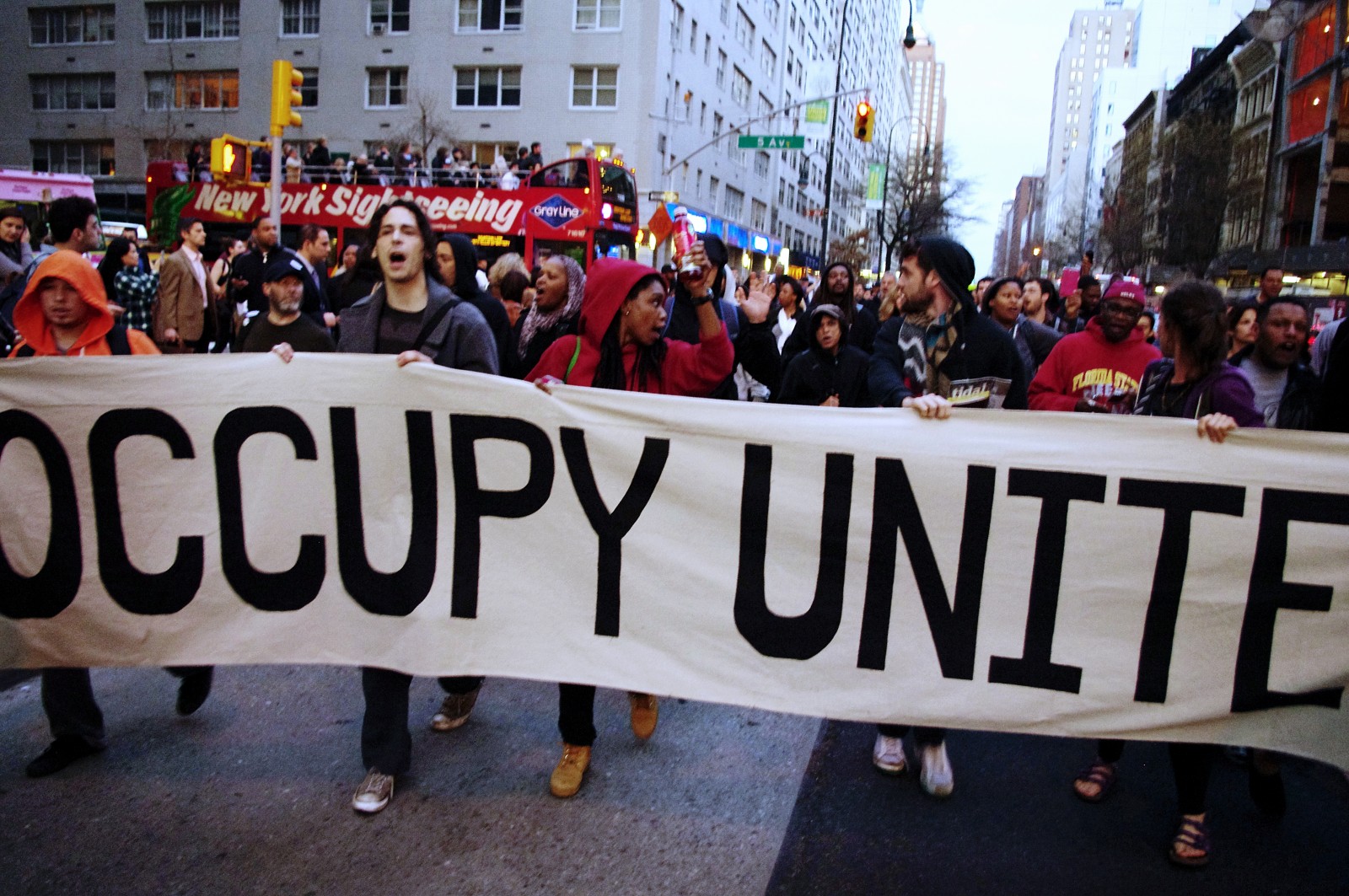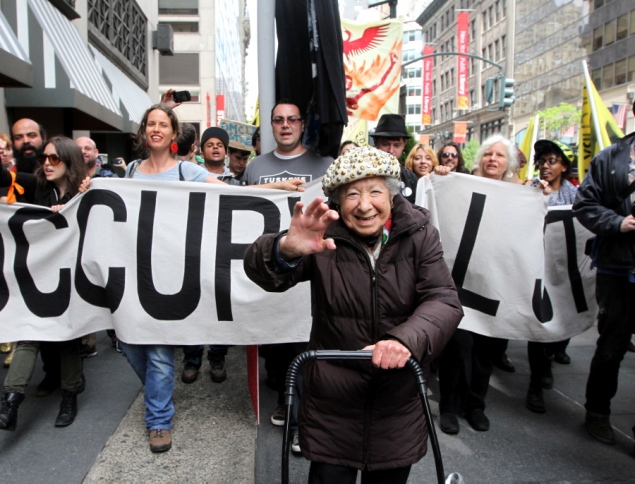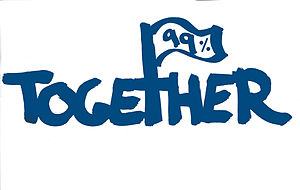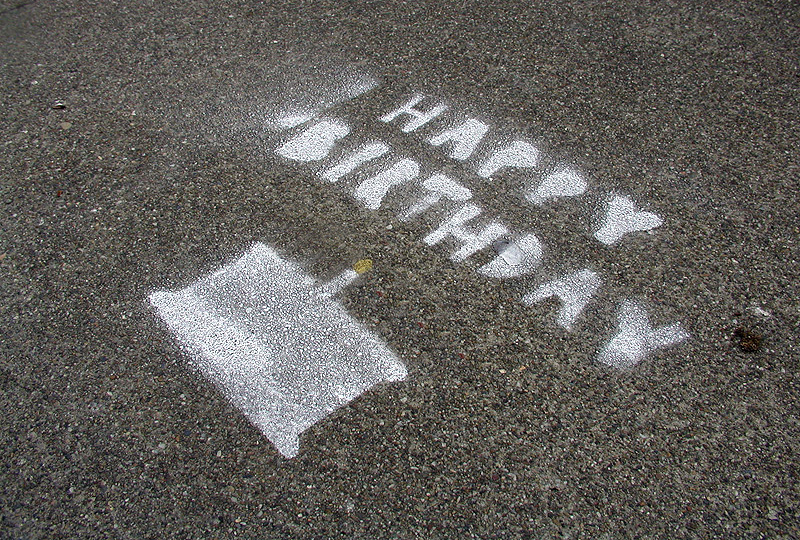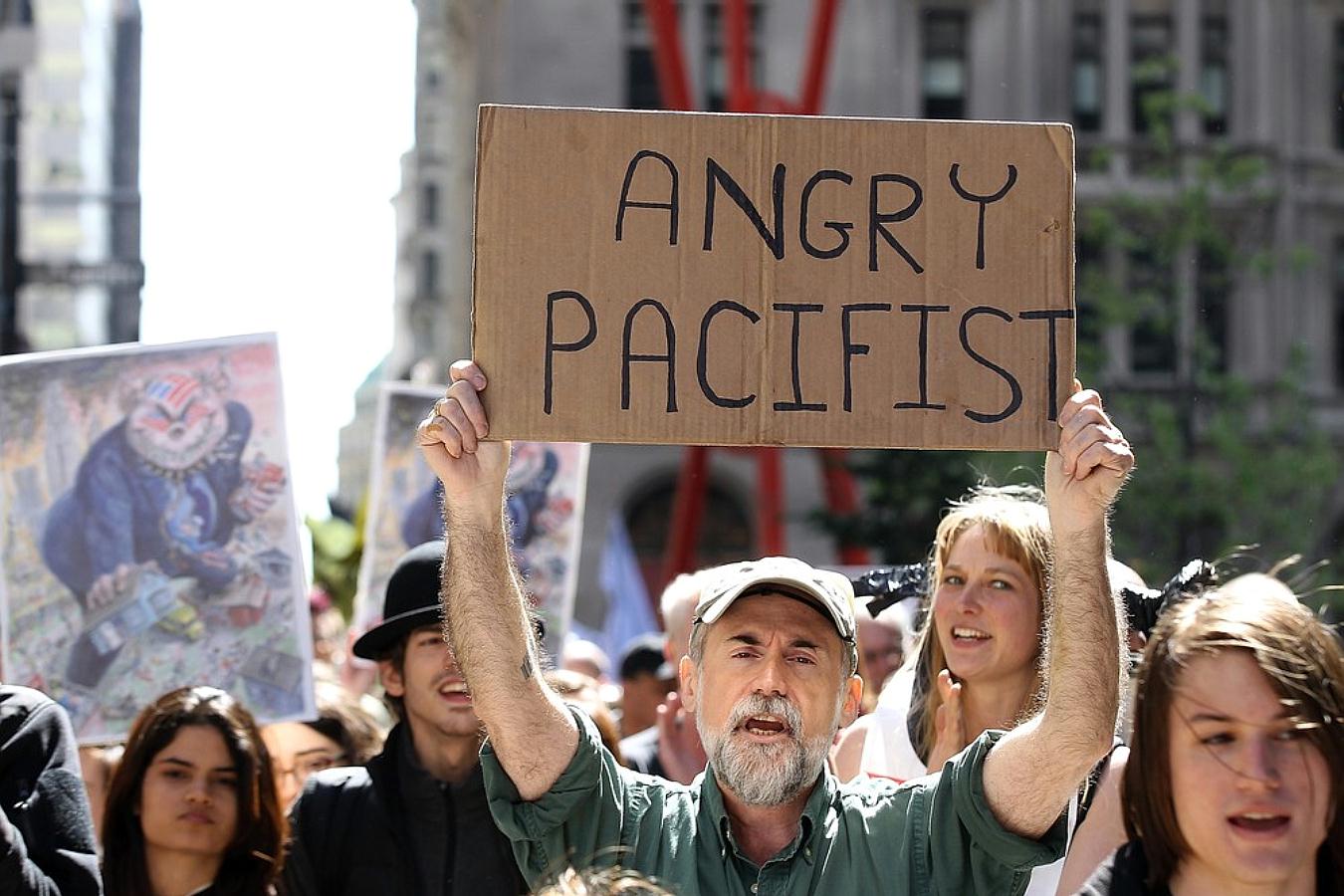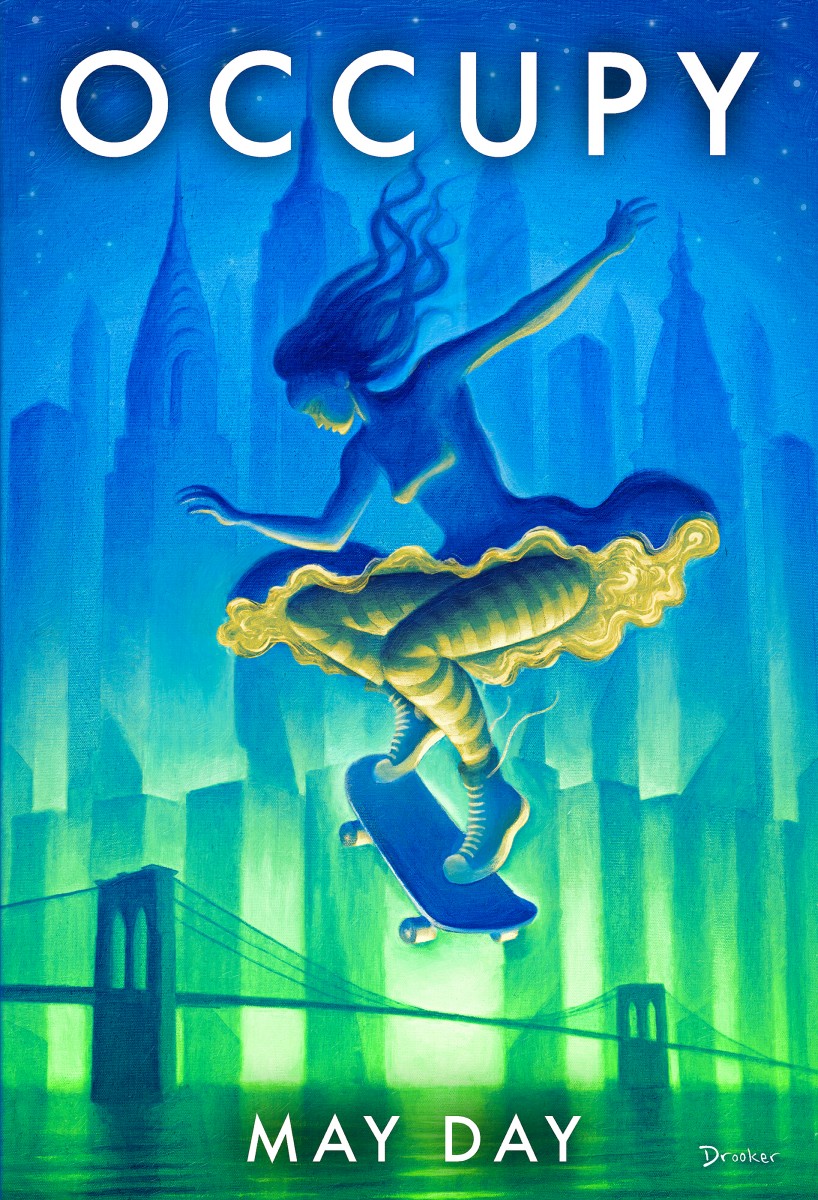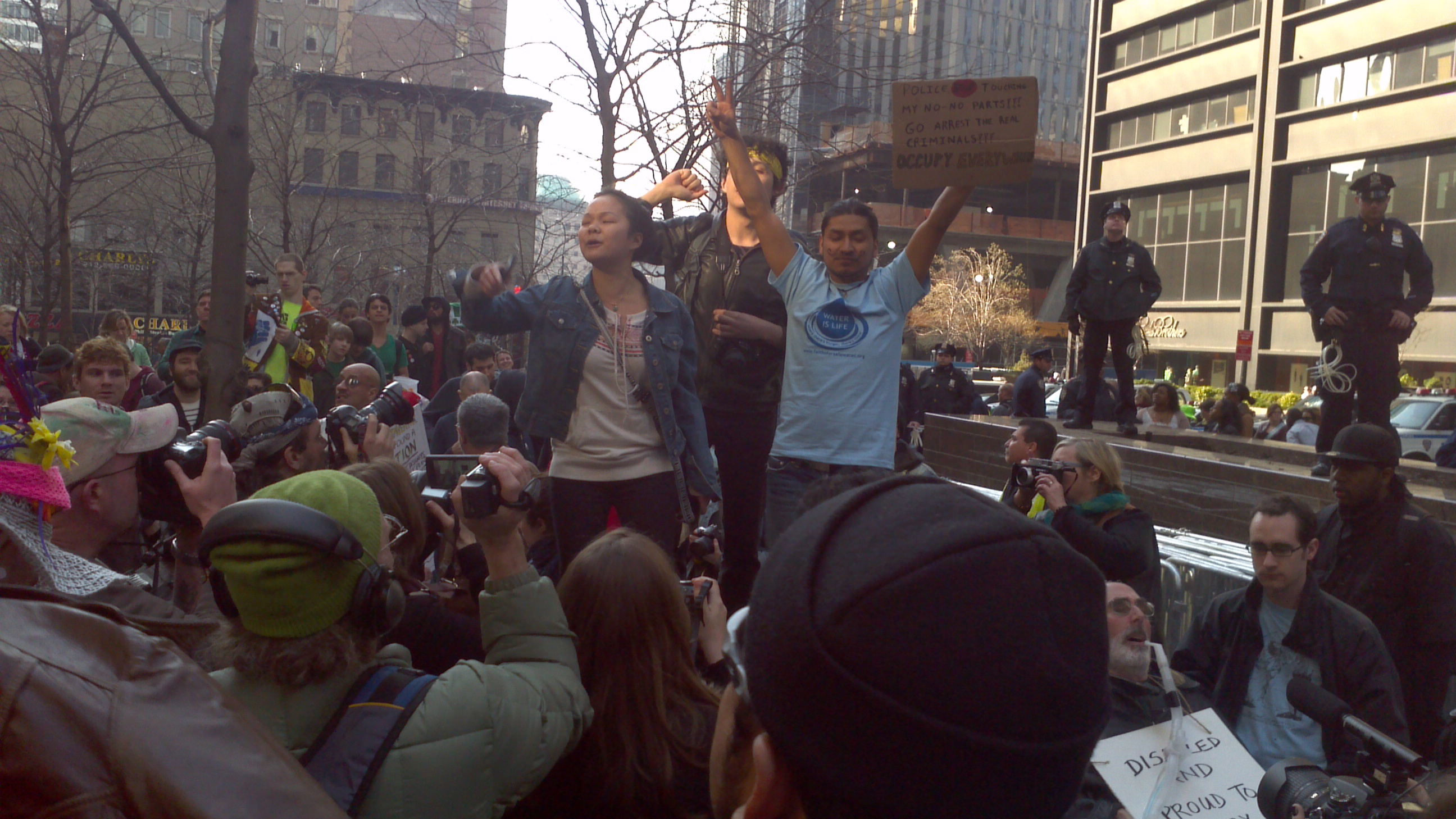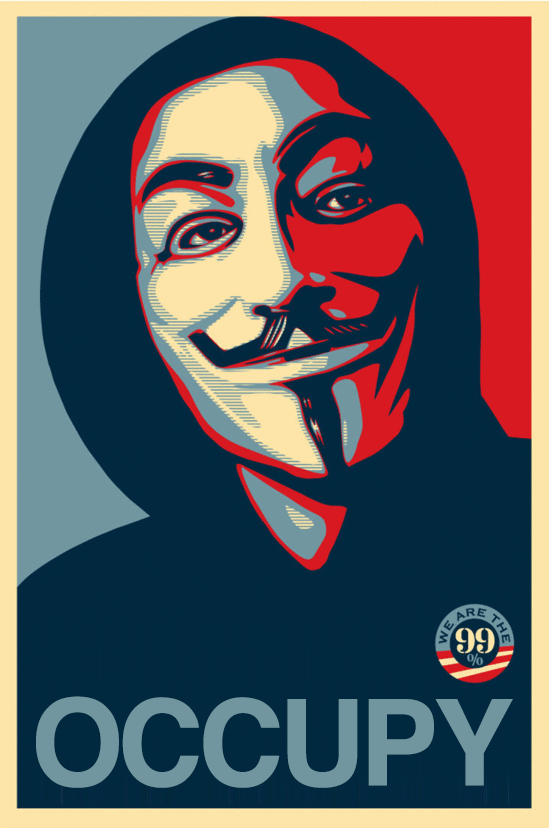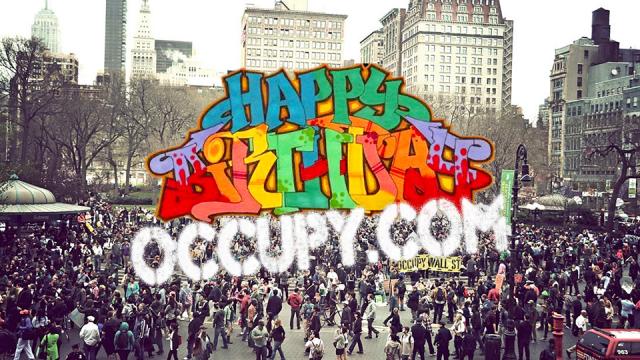
One year ago this week, a dozen or so activists from Occupy Wall Street—journalists and photographers, musicians and filmmakers, social media creators and web designers—launched a website for the 99% and you’re reading it right now: Occupy.com
The situation then was quite different from what it is today. Most of the Occupy encampments across the United States had already been evicted. But every week—every day, it seemed—there were marches and actions reminding people that the spirit of the occupation was strong and, we hoped, growing stronger.
Two weeks prior to launching this site, more than 70 were arrested on March 17 in New York City during protests commemorating the six-month anniversary of Occupy Wall Street. The following week, nationwide protests demanding justice for the killing of Trayvon Martin in Sanford, Florida, culminated with the Million Hoodie March in Manhattan's Union Square. A few days later, the arrest of Occupy activistson the lawn of the United Nations highlighted the ties between big banks and the largest fossil fuel polluters.
The movement was just a month away from May Day, in which tens of thousands descended on New York and filled streets in cities across America calling for economic justice, for fairness and accountability under the law, for an end to corporate control of the political process and a redress of the inequalities that have crippled our nation.
Due to a crackdown by police and government agencies that were in direct violation of the First and Fourth Amendments, and after the media's uniform shift to the fall presidential election, Occupy has since evolved. It has moved from physical occupations to other forms of direct action like Occupy Sandy, Tar Sands Blockade, the Strike Debt and Flip the Debt campaigns, Occupy Our Homes, and many others.
Meanwhile, the conditions that helped spark the movement—home foreclosures by fraudulent big banks, astronomical student debt, corporate evasion of taxes, the revolving door connecting Wall Street executives with policymakers and law enforcers in Washington—have only worsened.
In fact, disparities between justice and injustice, between economic fairness and unfairness, are becoming more pronounced and better understood and bitterly rejected by wider swaths of the American public with each passing day.
Occupy.com sees its role as helping to clarify and advance the ideas, aspirations and strategies for transformative change that were birthed by the Occupy movement in Zuccotti Park on September 17, 2011, and which continue to find definition in the tide of resistance to corporate-political rule sweeping across America and the world.
In Tunisia and Egypt, whose uprisings inaugurated the Arab Spring and set in motion a new global dynamic of social movements, the demand is for dignity and a government that responds to the basic, fundamental needs and rights of its citizens.
In austerity-torn Europe, from Portugal and Spain to Greece, Italy, Britain and quickly moving inward, public outrage centers on a beleaguered set of governments held captive by the dictates of high finance.
In Asia, Africa and Latin America, conditions differ but the architecture of impunity remains the same: transnational corporations and the interests of the economic-political ruling class have usurped democratic government at the expense of people, communities, the planet.
And in America, the shock of our eroded rights, our evaded laws, our abused government at the hands of corporate power is beginning to build a wave of popular revolt against the 1% status quo, particularly as cuts from the Corporate State's own austerity — the "Sequester" — start to become felt in homes across the country.
We are still though, somehow, in a kind of grace period waiting for what comes next. Things are already bad, yes, but they can and will get a lot worse unless the public reclaims and reforms what is left of democracy in this country. Now is the time for new ideas.
Now, for cooperation and collaboration. For economic and political experiments: smart proposals, fresh platforms, sensible alliances, new structures that will sustain and carry us forward. In Zuccotti Park we began a conversation. We unmasked power and held it there, nakedly before us, and we used a new language to describe it.
We are, and will be, the 99%. Let's turn ideas into action. Come be a part.
- The Editors and Staff
3 WAYS TO SHOW YOUR SUPPORT
- Log in to post comments

